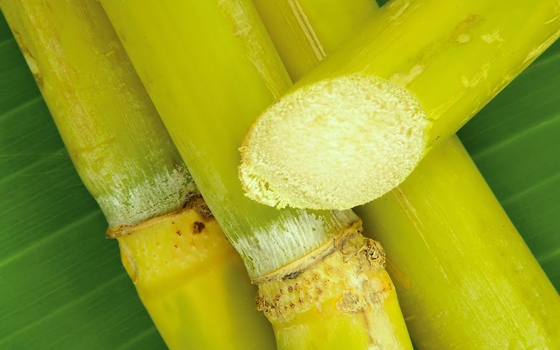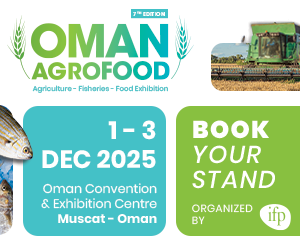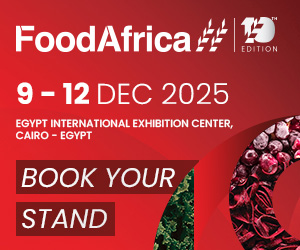Egypt's government plans to raise its sugar production to two million tons from 1.1 million tons to meet the required quantities of subsidized sugar, reported the state-run Al-Ahram daily newspaper.
Khaled Hanafy, the minister of supply and internal trade, told Al-Ahram that the plan is to buy new machinery and add new production lines to the Egyptian Sugar and Integrated Industries Company (ESIIC) at a cost of LE400 million.
Currently, sugar supplied by the government through the food subsidy system amounts to 1.5 million tons per year. The government imports around 350,000 tons of raw sugar from Brazil in an attempt to fulfill the gap between the amount produced and consumed.
Optimistic plan
Ahmed El-Rakaybi, former head of ESIIC, told Ahram Online that each ton of sugar is produced from 10 tons of sugarcanes. Since each feddan produces around 40 tons of sugarcane, to achieve this plan requires planting 500,000 feddans with sugarcanes.
Currently, sugarcane takes up to 47.7 percent of the total farmed area nationwide at 325,700 feddans.
In addition, raising the area cultivated by sugarcane requires more irrigation water where each feddan consumes 8,000 tons of water, added El-Rakaybi.
El-Rakaybi also said that the ESIIC already invests around LE200 million to LE300 million annually in upgrading and developing the company's machinery.
The Ministry of Supply and Internal Trade was not immediately available to comment.
New Food Subsidy System
In July, as the current financial year started to unfold, Egyptians began to deal with a new food subsidy system through which each individual is entitled LE15 of subsidy every month to buy from a range of 20 commodities at prices close to the market price.
Through this new system the government deals with both the private sector and the public sector to offer ration card holders a choice among a variety of products and prices.
However, El-Rakaybi told Ahram Online that the public sector sugar company cannot compete with the private sector prices as it bears the burden of subsidizing sugar cane farmers.
"We are obliged to buy sugarcane from local farmers at LE360 per ton which is double the international price," said El-Rakaybi.
Before the new food subsidy system was introduced, the state buyer, General Authority for Supply Commodities (GASC), would purchase sugar from ESIIC at 10 percent higher than the cost of production and thus lift the burden of farmers' subsidies from the sugar company but this is no longer the case, added El-Rakaybi.
Private sector sugar is sold at LE4.5 per Kilogram for ration card holders under the new system, while ESIIC sugar is sold at LE5.15 per kilogram.
'Low profitability' from sugarcane
El-Rakaybi suggests importing raw sugar from Brazil or Thailand while the ministry of supply and internal trade has not yet revealed the source of the planned increase in production.
When Ahram Online met with sugarcane farmers in March, they complained of the low profitability of the crop due to rising costs of fertilizers and huge debts.
Qena farmer Haj Farouq told Ahram Online that most farmers are committed to supplying their harvest to the state’s sugar companies through annual contracts, with supply prices of LE360 per ton.
The state-owned companies receive around 85 percent of Egypt’s total production of sugarcane.
“The government’s offer is not enough, particularly for the low-income farmers. We need a raise, just like wheat,” Farouq deemed.
The ESIIC, which is one of 34 subsidiaries of the state-owned Food Industries Holding Company (FIHC), achieved LE450 million in profits in the financial year 2013/2014.
"We achieved profits due to our investments in other companies but our sugar production is losing," said El-Rakaybi.
Ahram Online
5 August














































































